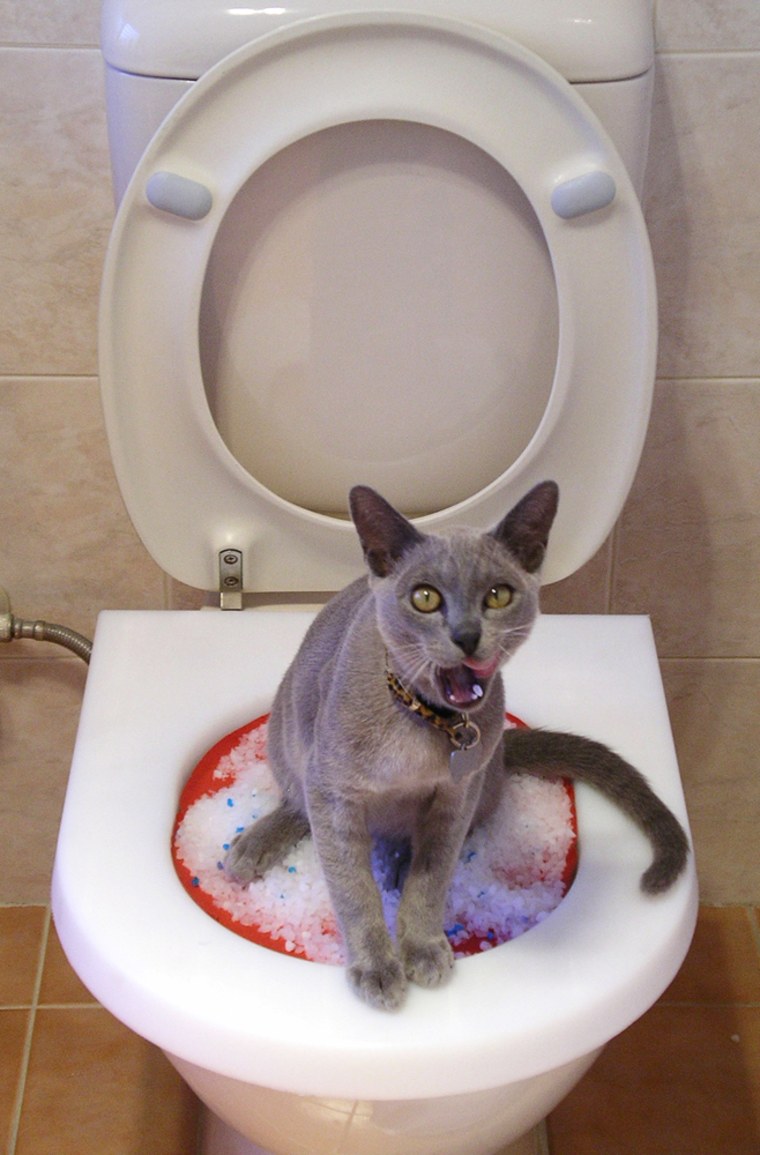Potential Risks of Flushing Cat Poop Down Your Toilet - Advice for Better Handling
Schedule NowWe have stumbled on the article involving Don’t flush cat feces down the toilet listed below on the internet and thought it made sense to talk about it with you here.

Introduction
As pet cat owners, it's vital to be mindful of how we throw away our feline good friends' waste. While it might appear hassle-free to purge cat poop down the bathroom, this practice can have damaging consequences for both the setting and human health.
Ecological Impact
Flushing feline poop presents unsafe virus and parasites right into the water supply, presenting a significant threat to aquatic environments. These impurities can negatively affect aquatic life and concession water quality.
Health and wellness Risks
Along with environmental issues, purging pet cat waste can likewise present wellness risks to people. Feline feces might contain Toxoplasma gondii, a parasite that can create toxoplasmosis-- a potentially extreme disease, particularly for expectant women and people with weakened body immune systems.
Alternatives to Flushing
Fortunately, there are much safer and much more accountable methods to take care of cat poop. Think about the complying with options:
1. Scoop and Dispose in Trash
One of the most usual approach of disposing of cat poop is to scoop it into a biodegradable bag and throw it in the trash. Be sure to use a dedicated litter scoop and deal with the waste quickly.
2. Use Biodegradable Litter
Choose naturally degradable cat litter made from materials such as corn or wheat. These litters are environmentally friendly and can be safely dealt with in the trash.
3. Bury in the Yard
If you have a backyard, take into consideration hiding feline waste in a designated area away from vegetable yards and water resources. Make certain to dig deep enough to prevent contamination of groundwater.
4. Install a Pet Waste Disposal System
Invest in a family pet garbage disposal system especially designed for cat waste. These systems utilize enzymes to break down the waste, decreasing odor and environmental effect.
Final thought
Accountable animal possession prolongs beyond offering food and shelter-- it likewise includes proper waste monitoring. By avoiding purging feline poop down the toilet and opting for different disposal techniques, we can reduce our ecological footprint and protect human wellness.
Why Can’t I Flush Cat Poop?
It Spreads a Parasite
Cats are frequently infected with a parasite called toxoplasma gondii. The parasite causes an infection called toxoplasmosis. It is usually harmless to cats. The parasite only uses cat poop as a host for its eggs. Otherwise, the cat’s immune system usually keeps the infection at low enough levels to maintain its own health. But it does not stop the develop of eggs. These eggs are tiny and surprisingly tough. They may survive for a year before they begin to grow. But that’s the problem.
Our wastewater system is not designed to deal with toxoplasmosis eggs. Instead, most eggs will flush from your toilet into sewers and wastewater management plants. After the sewage is treated for many other harmful things in it, it is typically released into local rivers, lakes, or oceans. Here, the toxoplasmosis eggs can find new hosts, including starfish, crabs, otters, and many other wildlife. For many, this is a significant risk to their health. Toxoplasmosis can also end up infecting water sources that are important for agriculture, which means our deer, pigs, and sheep can get infected too.
Is There Risk to Humans?
There can be a risk to human life from flushing cat poop down the toilet. If you do so, the parasites from your cat’s poop can end up in shellfish, game animals, or livestock. If this meat is then served raw or undercooked, the people who eat it can get sick.
In fact, according to the CDC, 40 million people in the United States are infected with toxoplasma gondii. They get it from exposure to infected seafood, or from some kind of cat poop contamination, like drinking from a stream that is contaminated or touching anything that has come into contact with cat poop. That includes just cleaning a cat litter box.
Most people who get infected with these parasites will not develop any symptoms. However, for pregnant women or for those with compromised immune systems, the parasite can cause severe health problems.
How to Handle Cat Poop
The best way to handle cat poop is actually to clean the box more often. The eggs that the parasite sheds will not become active until one to five days after the cat poops. That means that if you clean daily, you’re much less likely to come into direct contact with infectious eggs.
That said, always dispose of cat poop in the garbage and not down the toilet. Wash your hands before and after you clean the litter box, and bring the bag of poop right outside to your garbage bins.
https://trenchlesssolutionsusa.com/why-cant-i-flush-cat-poop/

Hopefully you liked our part on Don’t flush cat feces down the toilet. Thanks for taking the time to browse our article. Are you aware of another individual who is in the market for the subject? Feel free to promote it. Thanks for taking the time to read it.
Click For More Information